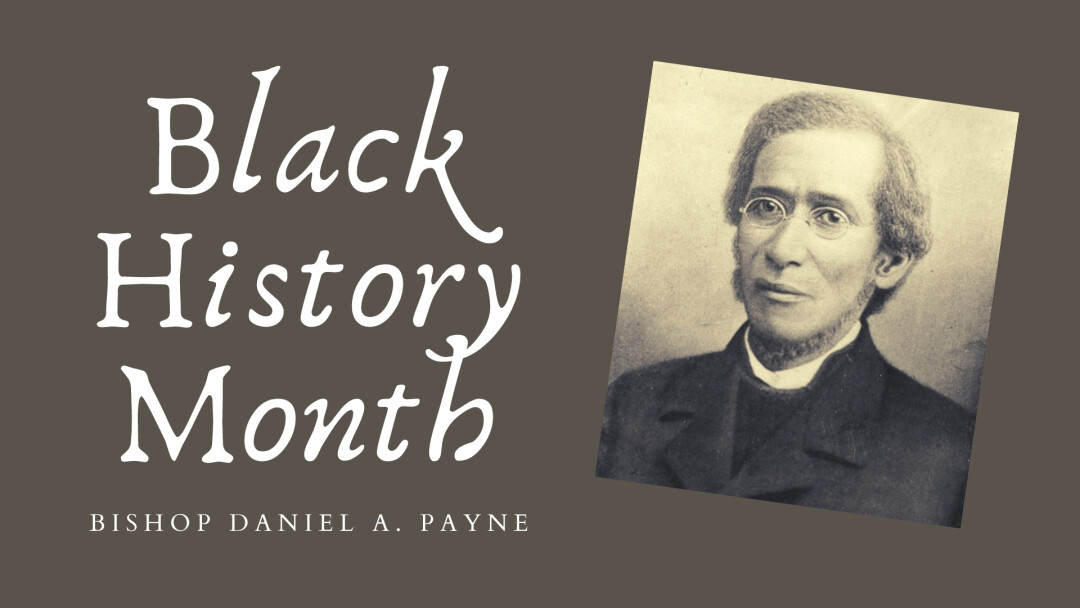
In the last decade, evangelicalism has been rocked by the high-profile collapse of influential pastors. From secret affairs and abuse to domineering and tyrannical leadership strategies, I don’t know anyone who isn’t keenly aware of the fact that we have a problem. We have a whole lot of work to do, and a whole lot of sin for which to repent. Many have offered their diagnosis for what has led to such high profile implosions: lack of accountability, or a culture of celebrity that surrounds popular pastors have often been noted. It’s likely a combination of these factors and more that have yet to be uncovered. Yet, we all long for God's people to be led by those who are marked with wisdom, integrity, and courage. This desire isn't a new one, generations ago Bishop Daniel Payne recognized that pastors required both moral and theological training to serve God’s people well. More than simply desiring that, he committed his life to seeing it through in the African Methodist Episcopal Church.
Payne was born on February 24th, 1811 into a family in Charleston, South Carolina. From a young age, his life was marked by tragedy: just after Daniel’s fourth birthday his father passed away, and at just nine years old he lost his mother as well. Although his family was free, racism was still deeply ingrained in the culture of his upbringing. Wider society scorned the idea of educating black men and women, yet Payne was able to receive a classical education through the “Minors Moralist Society.” He was then tutored by Thomas Bonneau in the histories of Greece, Rome, and England. On his own, he found time to learn Greek, Hebrew, and Latin. It was during his teenage years that he encountered the Lord and gave his whole heart to Christ. Soon after, he sensed a special calling from the Lord, “I have set thee apart to educate thyself, so that thou mayest be an educator of thy people.” Payne immediately threw himself into the work of opening a school where both slaves and free black men and women could receive an education. Much to his despair, the governing bodies of South Carolina were deeply hostile to the cause of black education. In 1854 they passed Act No. 2639, which made it illegal to educate any black person, slave or free. Heartbroken, Payne closed his school and decided to leave the South.
After some encouragement, he received further theological training at Lutheran Theological Seminary in Pennsylvania. Finally, he yielded to the call of full-time ministry, and began to serve in the African Methodist Episcopal church in 1841. In 1852, the denomination consecrated him as a bishop. But Payne knew well his inadequacy during his ordination he remembers, “I trembled from head to foot, and wept. I knew that I was unworthy of the office because I had neither the physical strength, the learning, nor the sanctity which makes one fit for such a high, holy, and responsible position.”
During his ministry, he raised the standards for those who sought ordination, expecting both educational and moral excellence from those who felt called to serve Christ’s church. Payne understood the high calling of serving Jesus, and he was committed to instilling this sense of responsibility in anyone who claimed that Jesus had called them to serve in the ministry. In an age where so many Christian leaders collapse due to both private and public failures, Bishop Daniel Payne is an encouraging picture of someone whose faith, wisdom, and integrity endured to the very end.
*Throughout this brief sketch, I’ve relied on Thabiti Anyabwille’s work, “The Faithful Preacher.” If you’re interested in learning more about Payne, I suggest you check it out.
